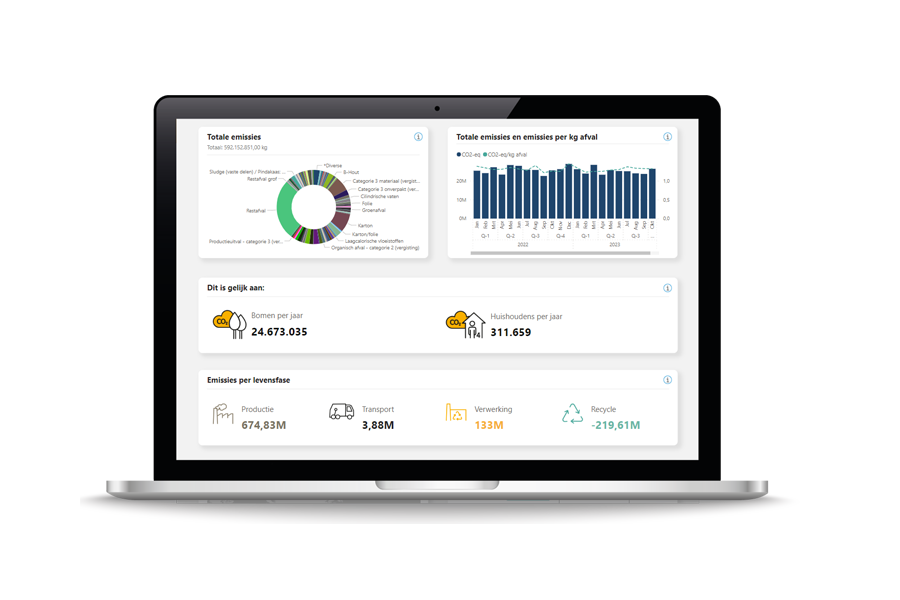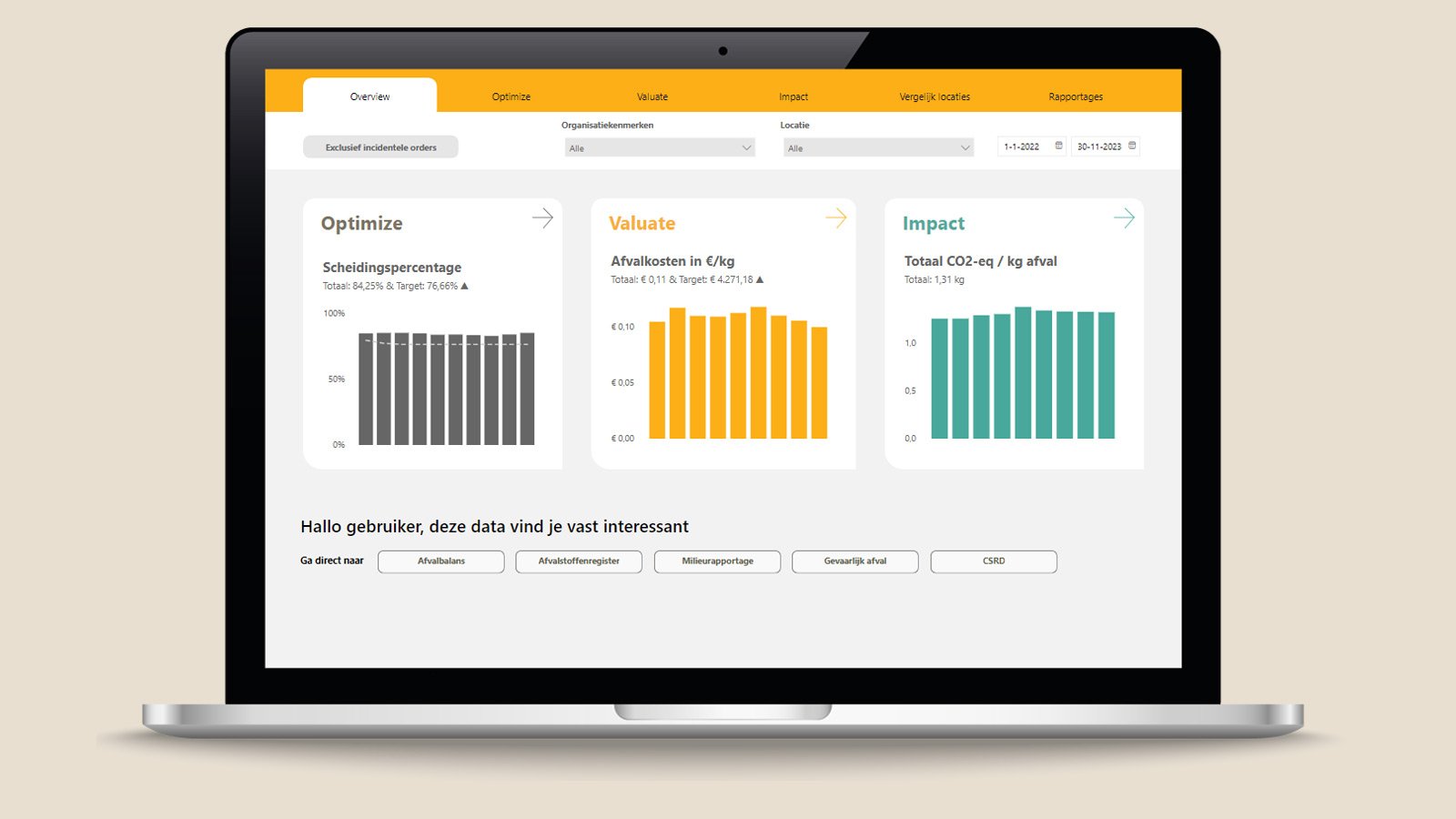Sustainable goals only become truly meaningful when they are science-based. By working with Science-Based Targets (SBTs), companies ensure that their environmental plans are ambitious enough to meet the Paris climate goals. Getting started with the resource transition can help companies do this.
Reusing a raw material stream. Redesigning a production line in a sustainable way. Switching to reusable coffee cups. Vegetarian lunches in the company restaurant. Halve the proportion of residual waste. All noble and sustainable goals. But how do you know to what extent they are enough to bring your company in line with what is needed to limit the global temperature increase to 1.5°C compared to pre-industrial levels?
Scientifically based goals
That is why Science-Based Targets (SBTs) have been devised. These are science-based sustainable targets that put an end to all sorts of opinions and discussions about ambitions around climate goals. By meeting the SBTs, companies work in a targeted way to reduce their emissions. How much the reduction should be depends on the size of the company and the country in which it operates. Scientists from around the world have all neatly calculated that.
The targets were developed and are managed by the Science-Based Targets Initiative, a group of organizations including the World Wildlife Fund and the World Research Institute. Companies can have their targets reviewed by the SBTi. In this way, they demonstrate that their efforts to reduce emissions are based on science.
Resource Transition and the Science-Based Targets
Science-Based Targets are primarily aimed at reducing greenhouse gas emissions. This often involves saving energy or generating it sustainably. But working on the transition to raw materials can also significantly help reduce greenhouse gas emissions.
Reducing resource use lowers CO2 emissions
Consider the more efficient use of raw materials. Many manufacturing companies still handle their raw materials rather loosely. A lot is left over, or the optimum efficiency is not achieved from the raw material. Using fewer raw materials also reduces greenhouse gas emissions. A critical review of existing production processes is recommended. Where necessary, they can be streamlined. Or new production methods can be developed.
In search of renewable resources
Not only does more efficient use of raw materials help, but switching to alternative sustainable raw materials helps reduce emissions. And contributes to accelerating the raw material transition. Again, it is important to develop new innovations and technologies.
Science-Based Targets and the Circular Economy
By using fewer and sustainable raw materials in the production process, the entire supply chain is also positively affected. Suppliers are encouraged to make their raw materials, products and processes more sustainable. At the end of the chain, new players may emerge, bringing residual materials back into the chain in a sustainable way. In this way, the Science-Based Targets stimulate the circular economy.
Getting started with the Science Based Targets
More and more companies are committing to the Science Based Targets. This makes sense, since their customers are inclined - and tenders also demand it - to opt for products with a low ecological footprint and responsible use of raw materials. Moreover, stricter rules around reporting require more openness about chain responsibility and sustainability, among other things. This increased transparency encourages more sustainable business practices, which is another reason to start working with Science Based Targets.

More insight? Request the free demo
At Milgro, we know exactly what impact raw material choices have on your carbon footprint. This is what our customers use our developed online dashboard for. This insight brings meeting the Science Based Targets as well as the Paris climate goals closer. Request a free demo today
Stay informed
Stay up to date on all new developments? Follow us on LinkedIn or Instagram. Or subscribe to the newsletter. Are you curious about what Milgro can do for your operations and waste process? Contact us.













